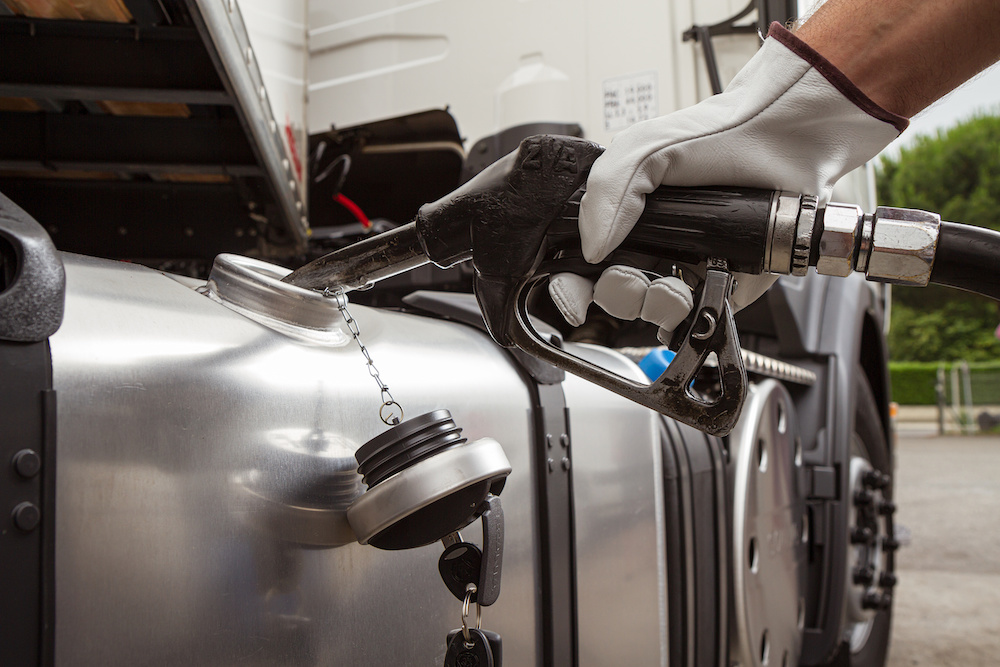
The road transport industry has experienced significant pressure over the last two years from shortages of drivers, vehicles, and parts combined with increasing wage, fuel, and energy costs. RHA said the 15ppl rebate would “reduce operating costs and inflation, ease the cost of living and boost the economy”.
A cut in fuel duty is one of a dozen measures set out by the business group in a briefing paper ahead of the Chancellor’s Autumn Statement on November 17.
Other measures outlined by RHA, which represents 8,500 road haulage, coach and van operators in the UK, include an extension of the Energy Bills Relief Scheme, more HGV Skills Bootcamps and easier access to training funding. This would help firms recruit and develop staff and address the shortfall in drivers – RHA puts the current driver shortage at 50,000.
RHA is also calling for simplified planning rules to build more truck stops and more funding for safe and secure lorry parking. The business group estimates a shortage of 11,000 lorry parking spaces across the country.
On Net Zero ambitions the RHA is calling on ministers to develop a decarbonisation plan that supports the industry through a complex transition. They also urge reform of clean air zone policies to better target sources of harmful emissions.
Richard Smith, RHA Managing Director, said: “We’re ready to work with the Government on a number of solutions which could reap economic benefits and help ease the cost of living crisis.
“A fuel duty rebate for transport firms – similar to schemes abroad – would reduce cost and make the UK more competitive. We also believe that opening up access to training funding and improving driver facilities will relieve recruitment challenges and better protect our supply chains.”
The road transport industry has experienced significant pressure over the last two years from shortages of drivers, vehicles, and parts combined with increasing wage, fuel, and energy costs.